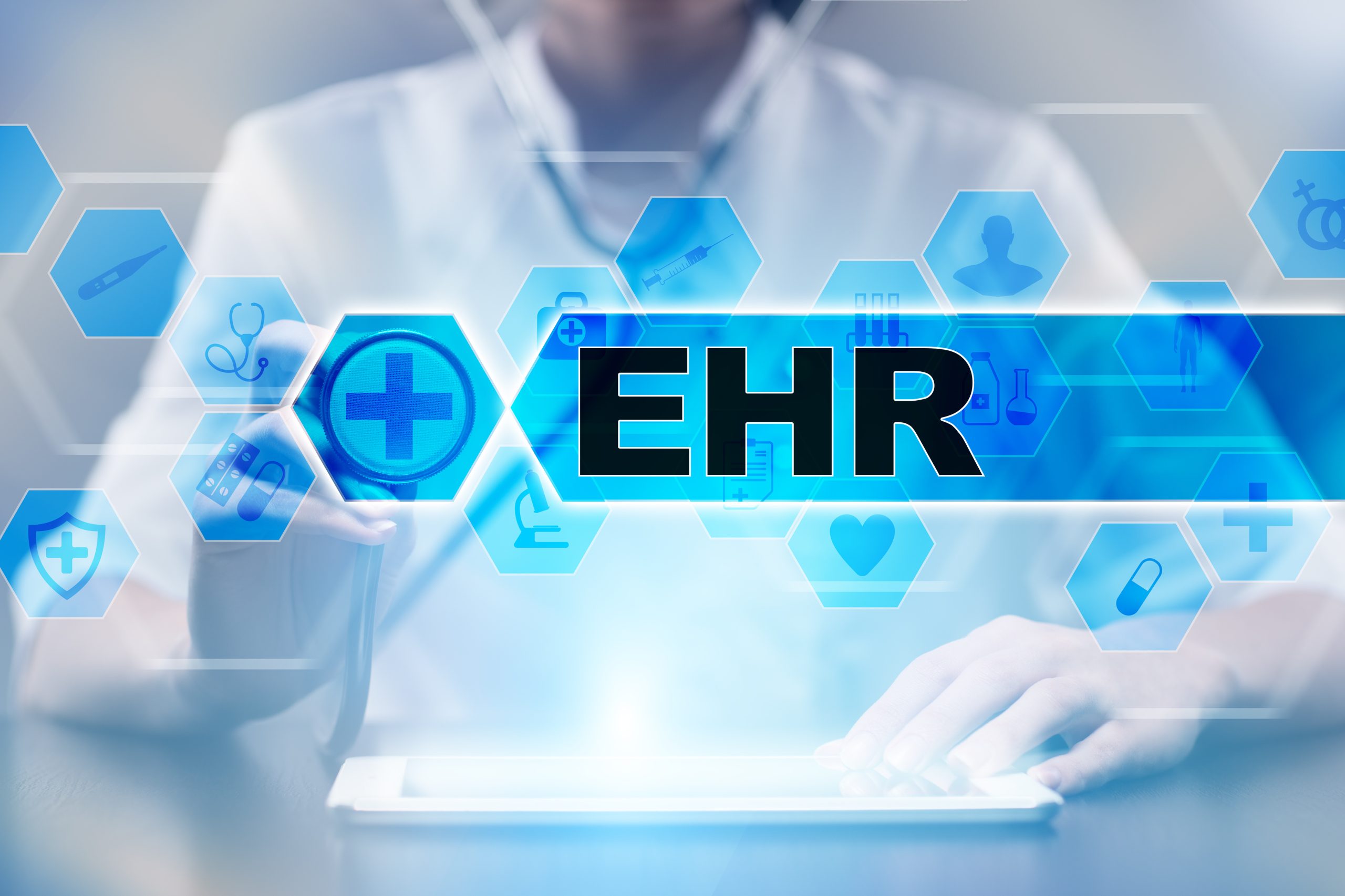Starting your journey in healthcare administration, it's essential to grasp the significance of Electronic Health Records (EHR). These digital systems are not merely a part of the job; they are the backbone of efficient healthcare operations. For entry-level healthcare administrators, understanding how EHRs function and their impact on daily tasks is your gateway to success in this dynamic field.
The Basics of EHR
Imagine Electronic Health Records as the digital evolution of the classic patient files. They contain an extensive array of patient information, encompassing medical history, diagnostic results, treatment plans, and medication details. EHRs have a remarkable feature - accessibility. Instead of rifling through piles of paperwork, everything you need is a few clicks away. Furthermore, EHRs come equipped with features like electronic prescription capabilities and clinical decision support systems. These features not only facilitate healthcare provider decisions but also streamline the patient care process, ultimately improving patient outcomes.
Benefits of EHR for Entry-Level Healthcare Administrators
As an entry-level healthcare administrator, EHRs will quickly become your most valuable allies. They serve as a conduit for streamlining patient care, ensuring healthcare providers have rapid access to precise and up-to-date patient information. This real-time access is a game-changer in patient care, reducing the risk of errors and improving patient outcomes. From your perspective, EHRs simplify administrative tasks. They significantly reduce the paperwork load, facilitating billing, and claims processing. This enhanced efficiency helps in optimal resource allocation and time management, making your role more effective.
Challenges of Using EHR
While embracing EHR systems, you may encounter a learning curve. Navigating these digital platforms efficiently might initially pose a challenge, but with practice and training, you'll become adept at harnessing their capabilities. Technical glitches are part and parcel of working with technology. Understanding how to troubleshoot and address these issues is a valuable skill to minimize disruptions and downtime. Protecting sensitive patient data is paramount. Familiarizing yourself with data security practices and compliance with healthcare regulations ensures patient privacy is upheld.
Best Practices for EHR Usage
Maintaining data accuracy is a non-negotiable aspect of working with EHRs. Developing a habit of double-checking entries minimizes errors and maintains data integrity. Learning to use the system efficiently can save time and reduce stress. This includes understanding keyboard shortcuts and time-saving techniques. Additionally, embracing data security practices and adhering to access controls is a fundamental part of your role.
Data Management and Reporting
Within EHRs, you have a treasure trove of data at your fingertips. These data tools assist you in performing your daily tasks efficiently and enable you to monitor your healthcare facility's performance. Learning how to generate simple reports and harness data for decision-making is a skill that significantly contributes to the effectiveness of your role. This proficiency not only helps you streamline operations but also empowers you to contribute to data-driven decision-making, ultimately improving patient care and healthcare outcomes.
EHR and Healthcare Trends
EHRs are not static entities; they evolve in tandem with healthcare trends. For instance, they are increasingly integrated into telehealth services and remote patient monitoring, revolutionizing the way healthcare is delivered. Being aware of these trends positions you to adapt to changes and comprehend how EHRs fit into the ever-evolving healthcare landscape, allowing you to stay at the forefront of healthcare administration. This adaptability and forward-thinking approach are key attributes for success in your role as an entry-level healthcare administrator.
Unlocking Success in Healthcare Administration: The Vital Role of EHRs for Entry-Level Administrators
Embarking on your career in healthcare administration requires a profound understanding of the indispensable role that EHRs play in daily healthcare operations. They are not just tools; they are the pillars of efficiency and patient care. While the responsibility of selecting and implementing EHR systems might not fall to you, understanding how to use them effectively is critical for your success as an entry-level healthcare administrator.
Start Your Journey to a Rewarding Healthcare Administration Career with National Career College
Are you ready to take the first step towards a rewarding career in healthcare administration? National Career College's Healthcare Administration program provides a comprehensive education that equips you with the skills and knowledge you need to excel in this dynamic field. In this program, you'll have the opportunity to dive deep into Electronic Health Records (EHR), giving you a thorough understanding of their crucial role in modern healthcare.
Our EHR course covers the ins and outs of Electronic Health Records, including everything from understanding patient data, diagnostic information, and treatment plans to mastering the management of medical facilities. By enrolling in this program, you'll gain the expertise needed to succeed in entry-level healthcare administration positions.
With both morning and night class options and the flexibility of online learning, our 14-month Associate of Applied Science Degree program caters to your schedule. It offers a well-rounded curriculum that combines medical and general education courses. You'll study medical terminology, medical coding, electronic medical billing, medical office procedures, and much more. Our program is designed to prepare you for the unique challenges and opportunities in healthcare administration.
Upon graduation, you'll hold an Associate of Applied Science (AAS) in Healthcare Administration, and you'll be eligible to sit for professional certification exams such as Certified Revenue Cycle Specialist (CRCS) and Certified Coding Associate (CCA).
Don't miss the chance to embark on a fulfilling career in healthcare administration. Join National Career College's Healthcare Administration program today and unlock a world of opportunities. Your journey to a successful and rewarding career begins here!

